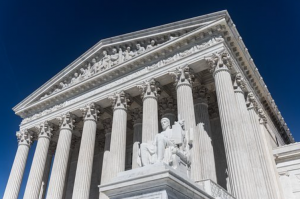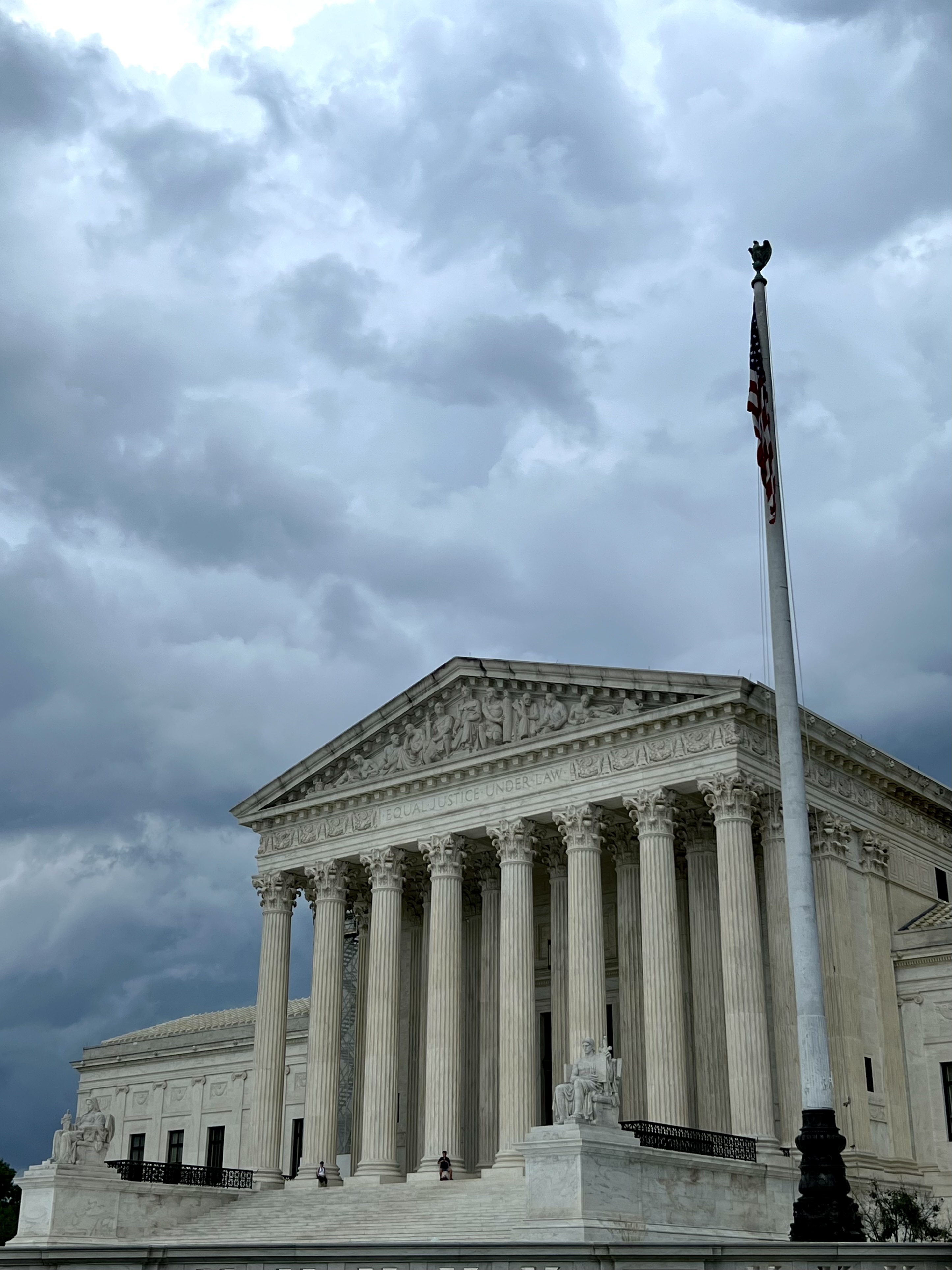“Hungary took everything the plaintiffs owned, including possessions necessary to survive, such as shelter, clothing, and medicine,” said Sarah Harrington, an attorney representing the plaintiffs. “And the undisputed purpose of Hungary’s takings was to bring about the physical destruction of Jews in Hungary.”
The U.S. Supreme Court has agreed to intervene in a long-running lawsuit filed against the Hungarian government by survivors of the Holocaust.
According to The Associated Press, the justices will hear arguments in the claim later this autumn. The lawsuit, first filed more than 14 years ago, seeks compensation for personal possessions confiscated on order of Hungary’s political leadership.
Hungary, which allied itself with the Axis powers in 1940, largely resisted German calls to deport or exterminate its Jewish population. By 1944, the Central European country remained home to nearly 1 million Jews—the largest remaining population of any country on the continent.
But, as the war progressed, Hitler—who feared that Hungarian overtures to the Allies could soon turn to peace negotiations—ordered an invasion. The Nazi occupation of Hungary in 1944 led the S.S. to the enactment of antisemitic policies, as well as the deportation of nearly a half-million Jews. Many were sent to concentration camps, with their possessions shipped separately to Berlin.

Federal courts do not typically hear claims involving acts of property loss or destruction effected by foreign governments, but precedent provides an exception for expropriated assets with a demonstrable “commercial nexus” with the United States.
The plaintiffs, and their attorneys, say that the Hungarian government formed such a nexus by comingling legally-acquired assets with stolen property—some of which made its way into the United States through ordinary processes of exchange and trade.
“Hungary took everything the plaintiffs owned, including possessions necessary to survive, such as shelter, clothing, and medicine,” said Sarah Harrington, an attorney representing the plaintiffs. “And the undisputed purpose of Hungary’s takings was to bring about the physical destruction of Jews in Hungary.”
“That is genocide,” Harrington told the Supreme Court. “And it is hard to imagine a more vivid example of property takings that themselves violate international law.”
Hungary, for its part, insists that the plaintiffs’ claims have no place in an American court. It has also warned the Supreme Court that granting an exception to the survivors could “serve as a beacon for plaintiffs around the world to litigate all manner of historical grievances in domestic courts, and needlessly entangle the United States in disputes in which it has no legitimate connection.”
Sources
Supreme Court sides with Germany in Nazi-era art dispute
Supreme Court weighs property theft claims by Holocaust victims
Supreme Court will review Holocaust survivors’ lawsuit against Hungary
Supreme Court will take up Hungary’s bid to end lawsuit from Holocaust survivors


Join the conversation!